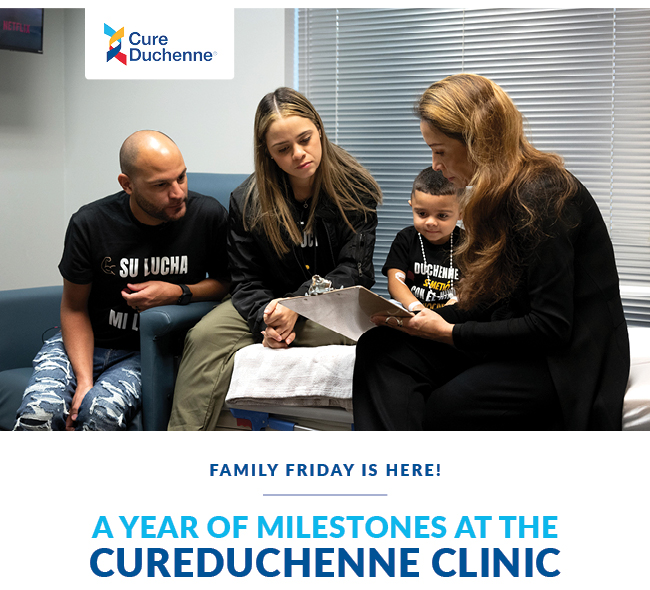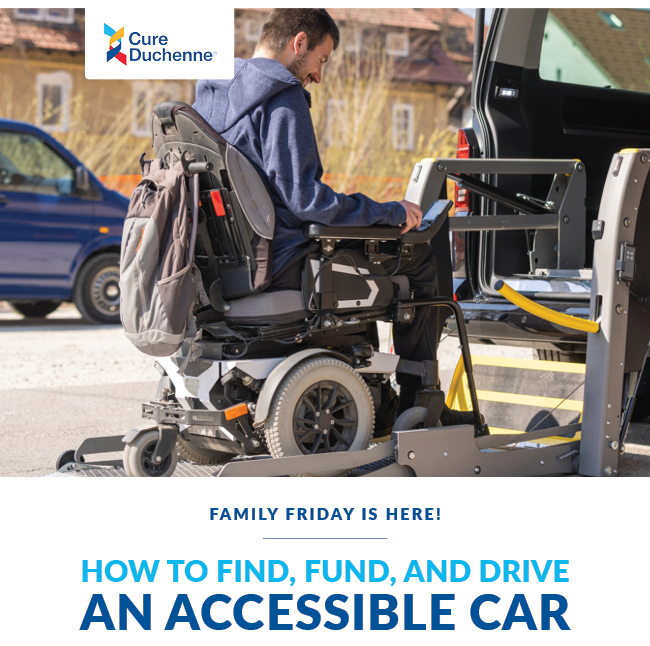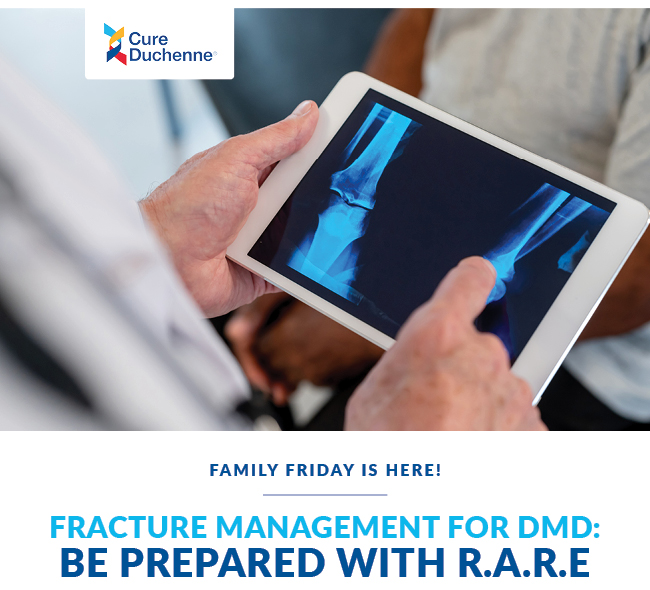Revolutionizing Duchenne Care: A Year of Milestones at The CureDuchenne Clinic

This past year the CureDuchenne Clinic at the Neurology & Neuromuscular Care Center, led by Dr. Diana Castro in Denton, TX, has been marked by unparalleled advancements, notably with the administration of the first gene therapy for Duchenne muscular dystrophy.
The CureDuchenne Clinic has shown the power of care — not just medical care — but the personal care of the doctors and clinicians who empower patients with Duchenne to live a high-quality life. These past 12 months have been a testament to that power.
The CureDuchenne Clinic offers care to uninsured and underinsured individuals with Duchenne and Becker muscular dystrophy, who often have nowhere else to turn to for care. The clinic has filled a gap in existing care for 110 patients who need specialized, multi-disciplinary care.
Gene Therapy
Over the summer, Diana Castro’s, MD, clinic administered the first-ever approved gene therapy for Duchenne, Elevidys, to a six-year-old with Duchenne just before he would have lost eligibility. Now, five more patients have been dosed, including a family from Puerto Rico, and 2 more are on the way.
Accessible Care
People with Duchenne who were lost to the healthcare system also found their way back, thanks to Dr. Castro and her clinic. One man with Duchenne had gone without care for 10 years. His chest was completely caved in. Dr. Castro had to take a picture of what it looked like because he couldn’t look down. He was shocked, but that caused him to use his BiPAP and cough assist to start to open his chest back up. Recently, he just got fitted for a new wheelchair and has now gained back 10 pounds.
“All of those little things are the things that make me feel we’re doing good,” Dr. Castro said.
Dr. Castro’s clinic is a nonprofit organization, receiving funding from her for-profit research arm and CureDuchenne, which has committed $900,000 over a three-year period. Because of that, Dr. Castro doesn’t have to turn patients away because they don’t have insurance or can’t pay for care. That is especially true for some adults with Duchenne, who disappear from the healthcare system once they turn 21.
“I’m very grateful every single day because it has allowed us to do so many things that insurance does not cover for so many things that you require months of authorization to be able to do it right,” Dr. Castro said.
To put that in perspective, of the 700 visits over the past year, the clinic only received $45,000 from insurance.
In addition to offering care at no cost or at a low cost with a payment plan to those uninsured, each test, from pulmonary function to EKG to North Star Ambulatory Assessment (NSAA), is also provided free to those unable to pay. Physical therapy is also offered to many of these families who have no one else to turn to.
Serving Spanish-speaking Community
Many of the services are also offered in Spanish. Dr. Castro is bilingual herself. The clinic’s new nutritionist also speaks Spanish. It not only allows her to connect to patients on a language level, but also on a cultural level through food.
Because it is a small clinic, Dr. Castro has more flexibility and time. It’s a breath of fresh air for Dr. Castro, who left the UT Southwestern Medical Center in June 2022 to start her own clinic.
“Now I’m not swimming against the current. Before I was swimming every day against something. Now I feel like I’m just floating in a river,” Dr. Castro said. “And I think that that helps me with the positivity, with the energy that I have. It really allows me time with the patients because I’m not having to run to see 20 patients a day to be able to get to my quota to make me a good doctor. We shouldn’t be measured by numbers, we should be measured by quality.”
Dr. Castro’s clinic also provides a place for parents and individuals with Duchenne to learn more about the disease and how to manage it outside a medical setting.
“Every clinic is an opportunity for teaching and allowing myself to have the time makes me happy in that area,” Dr. Castro said.
Expansion
While this year has been full of milestones, Dr. Castro doesn’t plan on losing momentum anytime soon. She’s already looking to expand her clinic, as they are quickly outgrowing their existing space. And she’s also looking to expand her staff, finding like-minded physicians who share her vision.
“My dream is to have more physicians doing what I’m doing,” Dr. Castro said. “My dream is to have amazing physicians that I know that are exhausted, that are done with the system, that are thinking about quitting their jobs to do something like what we’re doing.”
It goes beyond her clinic too. What Dr. Castro has started could be the formula for other rare diseases and individuals who simply are lost in the system.
“I’d love to shift the system of rare diseases towards this kind of environment where you have a small clinic,” Dr. Castro said. “It’s doable. It just requires more work and good support from your team and from your family obviously. But it can done.”




